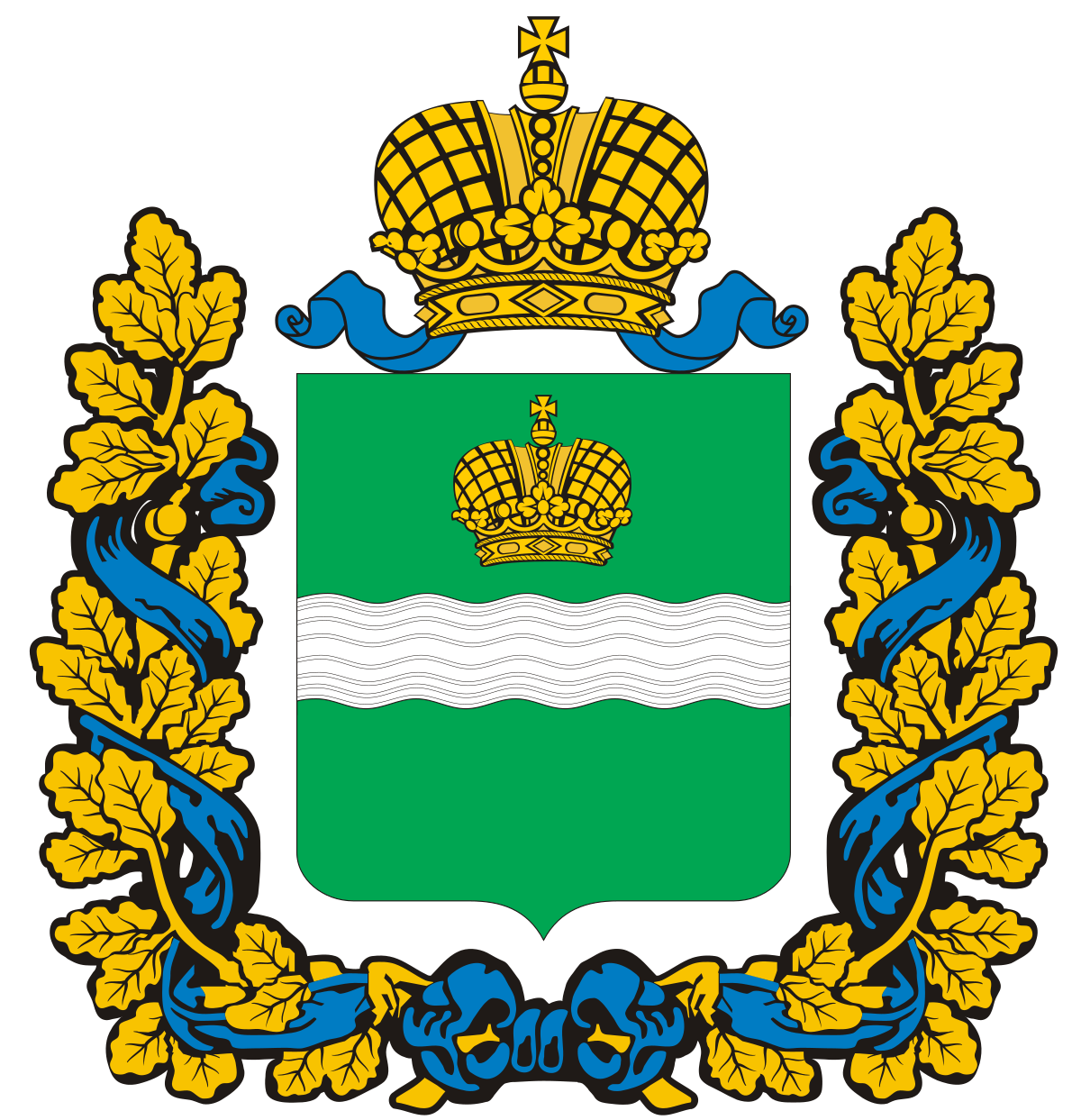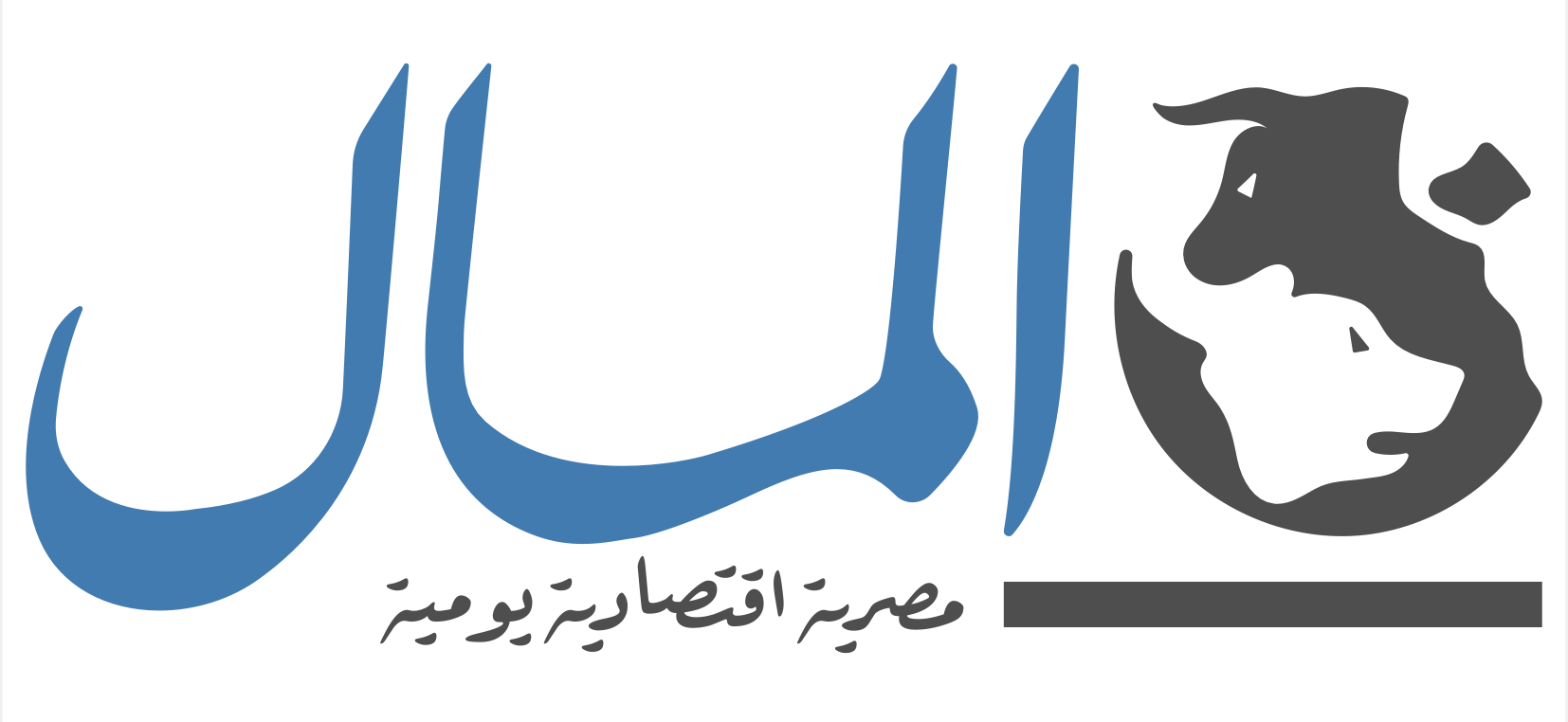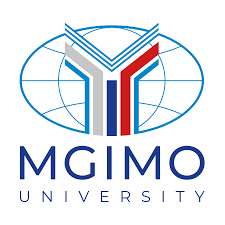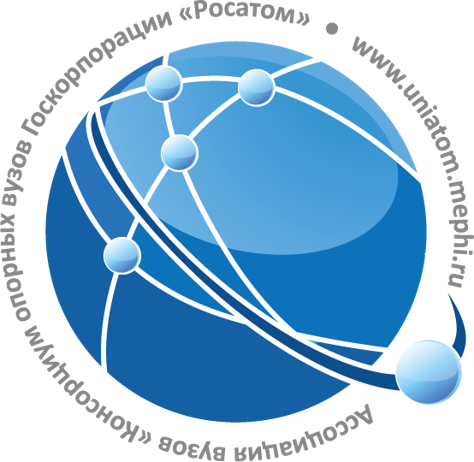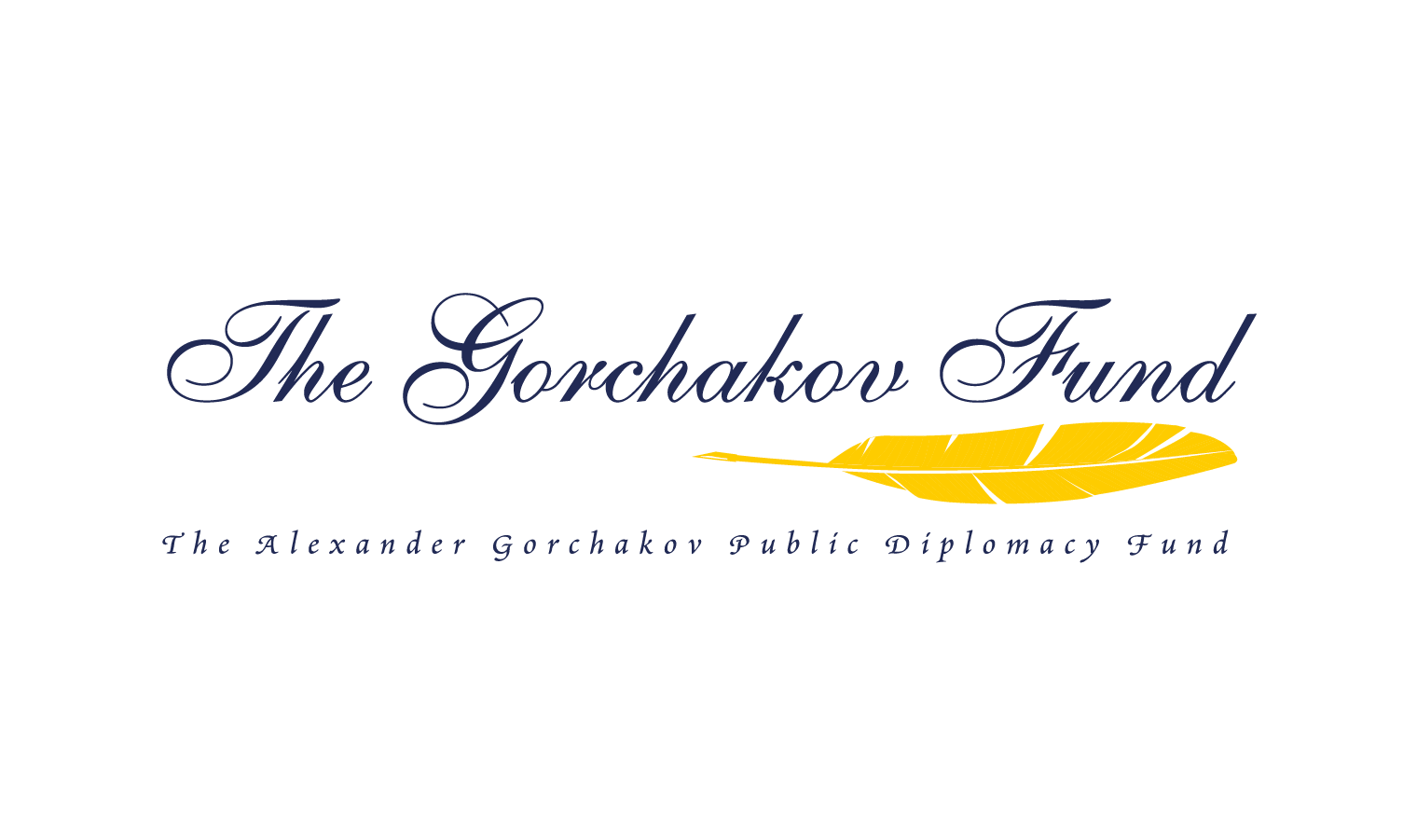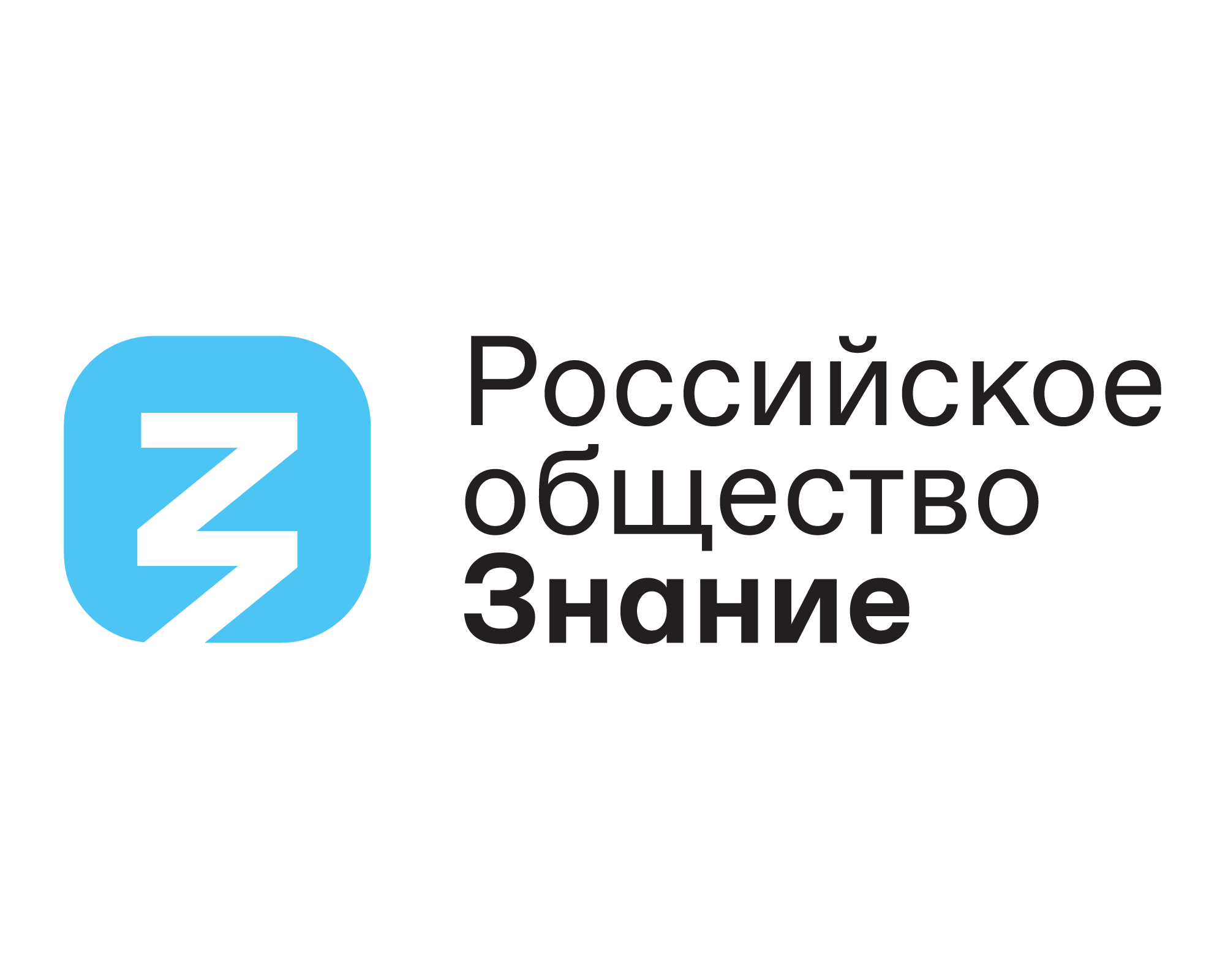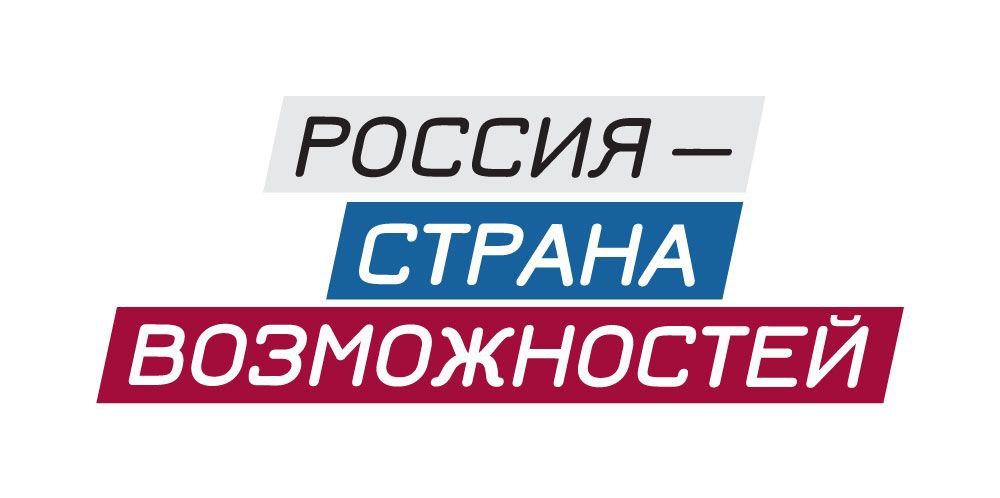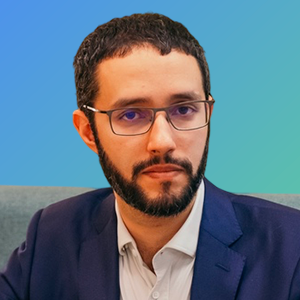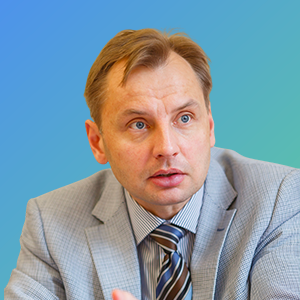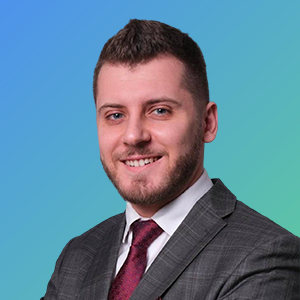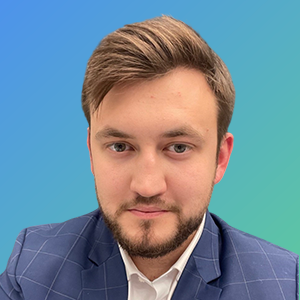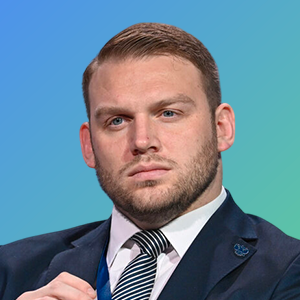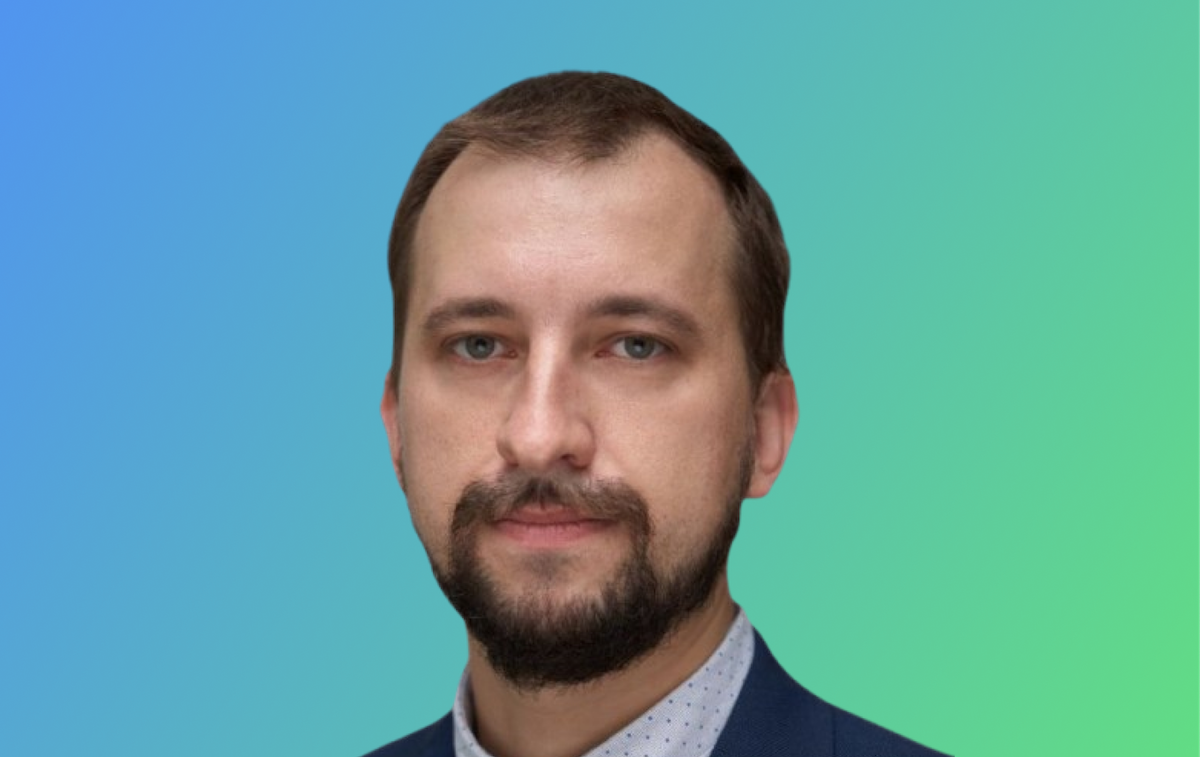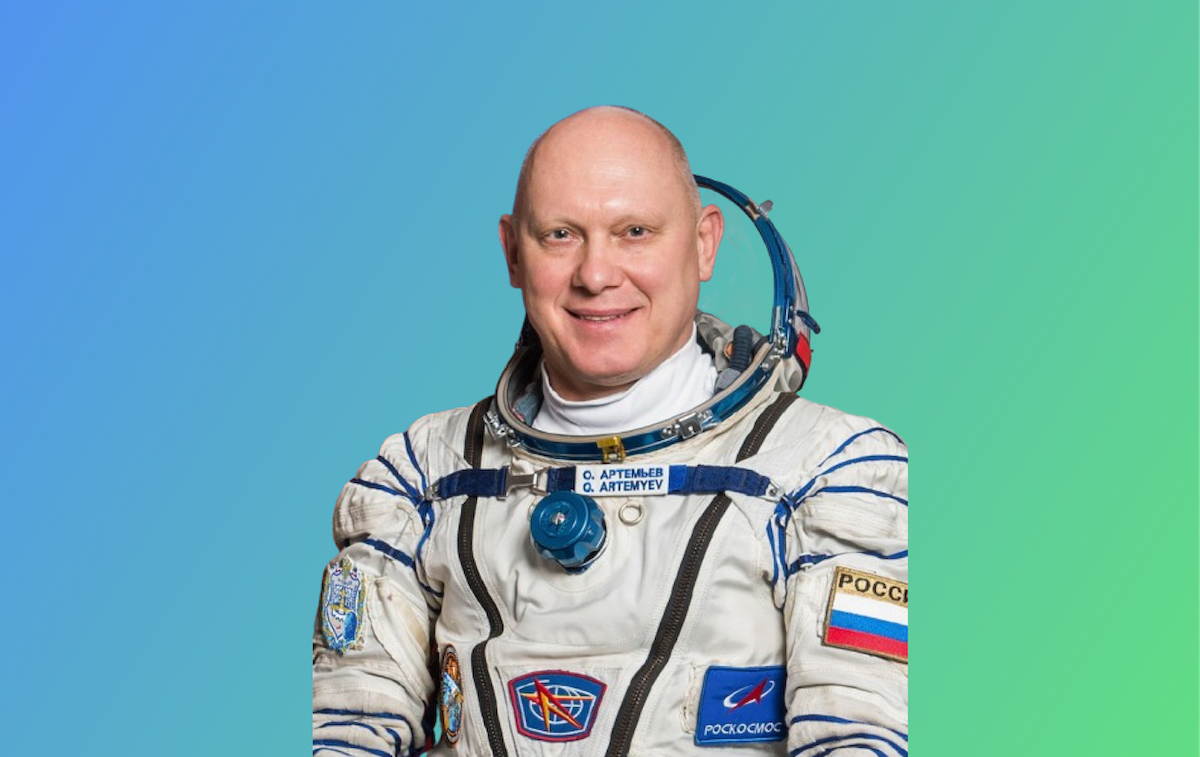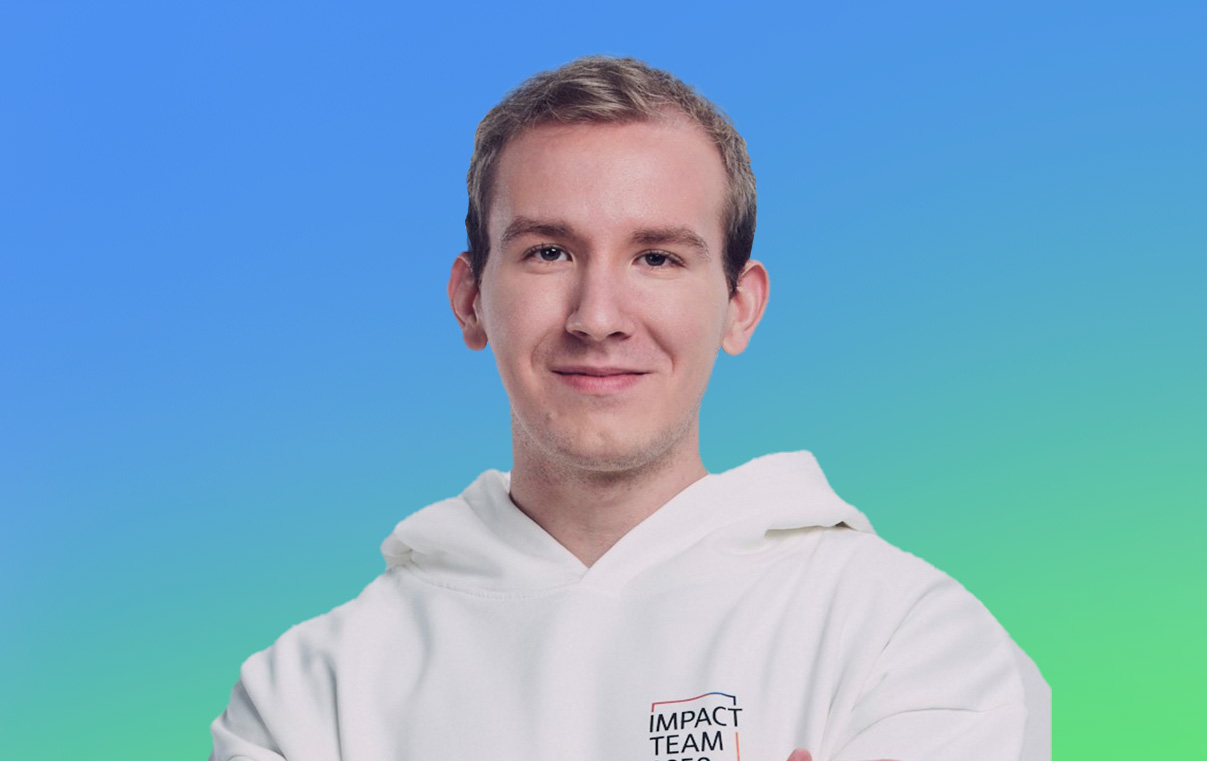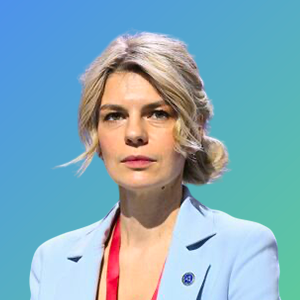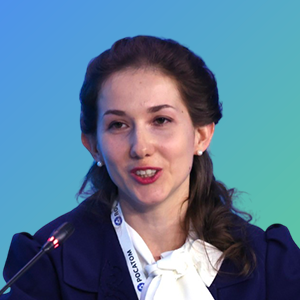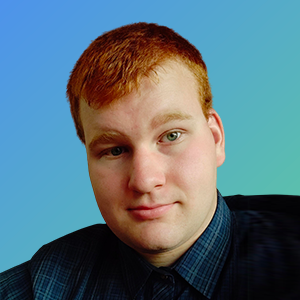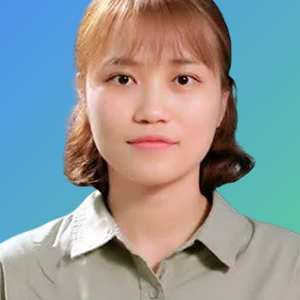
Obninsk NEW 2025
III International Youth Nuclear Forum: “Dream Big and Shape the Future of the Global Nuclear Industry!”
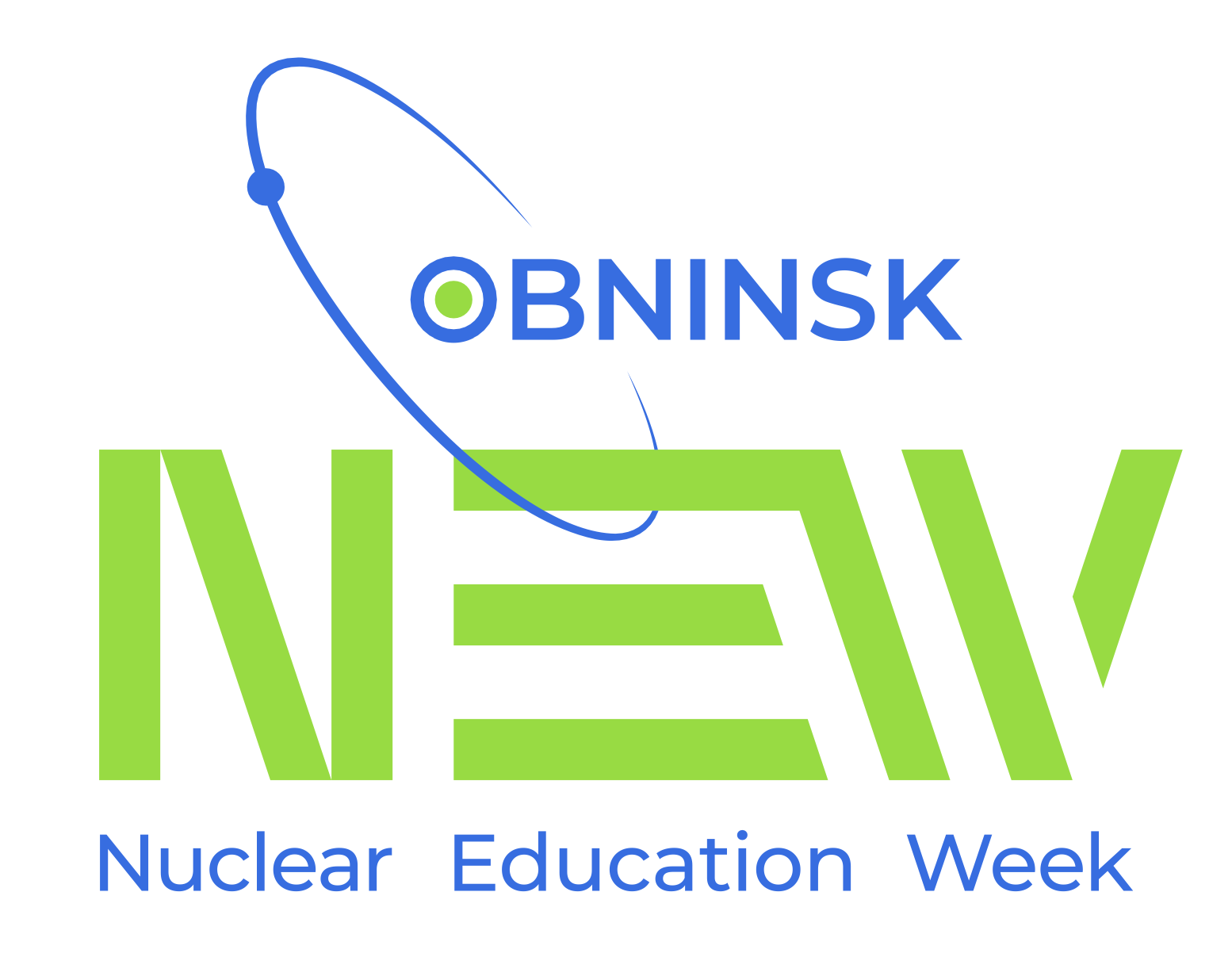
June 26, 2025
Obninsk, Rosatom Technical Academy
The broadcast will start at 11:30, June 26
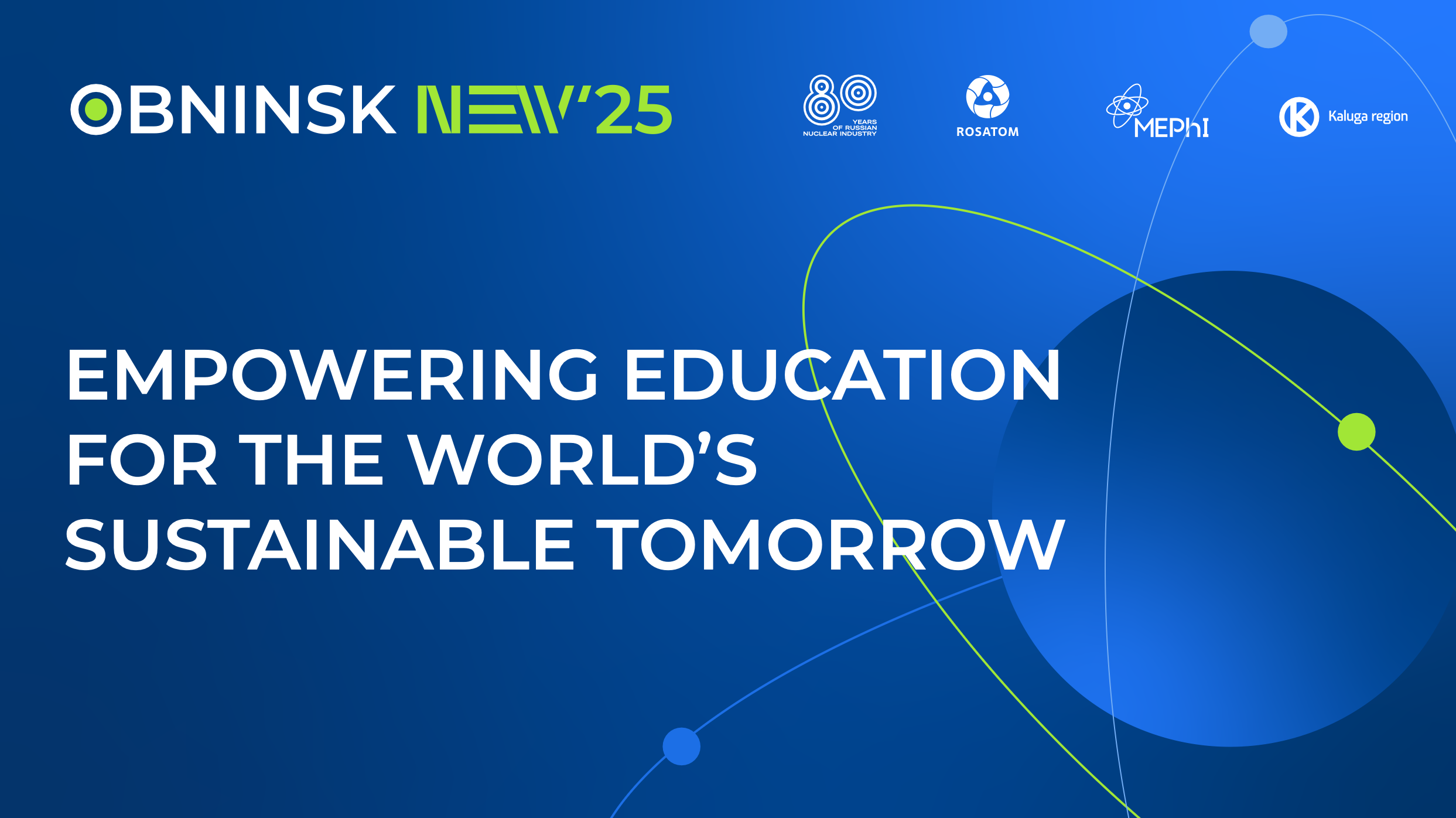

About the Forum:
On June 26, 2025, the city of Obninsk will host the International Youth Nuclear Forum Obninsk NEW for the third time.
Obninsk NEW 2025 is a two-week series of educational events for young people from around the world who are pursuing careers in the nuclear industry. This year’s program runs from June 23 to July 6.
The highlight of the event is the International Youth Nuclear Forum, taking place on June 26—a symbolic date marking the anniversary of the world’s first nuclear power plant, which began operating in the Obninsk area in 1954. This year’s Forum is held in honor of the 80th anniversary of Russia’s nuclear industry.
The main theme of Obninsk NEW 2025 is “Dream Big and Shape the Future of the Global Nuclear Industry!”.
Participants will explore how nuclear and related technologies can contribute to building a fairer future, and how global collaboration can enhance efforts to achieve the Global Sustainable Development Goals.
Subscribe to news and updates
Subscribe to our newsletter to get the latest updates on the Forum’s agenda and news. You’ll also receive a special code to take part in our exclusive quiz - with a chance to win a trip to World Atomic Week, the key event marking the 80th anniversary of the Russian nuclear industry, taking place this September in Moscow.
Our Mission
To explore innovative approaches in nuclear energy, space exploration, next-generation nuclear medicine, AI and other cutting-edge fields.
Forum Objectives
We aim to bring together young professionals from around the world to discuss some of the most pressing questions shaping the future of the nuclear industry:
- What’s next for nuclear science and technology?
- Which technologies are having the greatest impact on economic development and human well-being?
- How can we invest in human potential to drive long-term sustainable progress on a global scale?
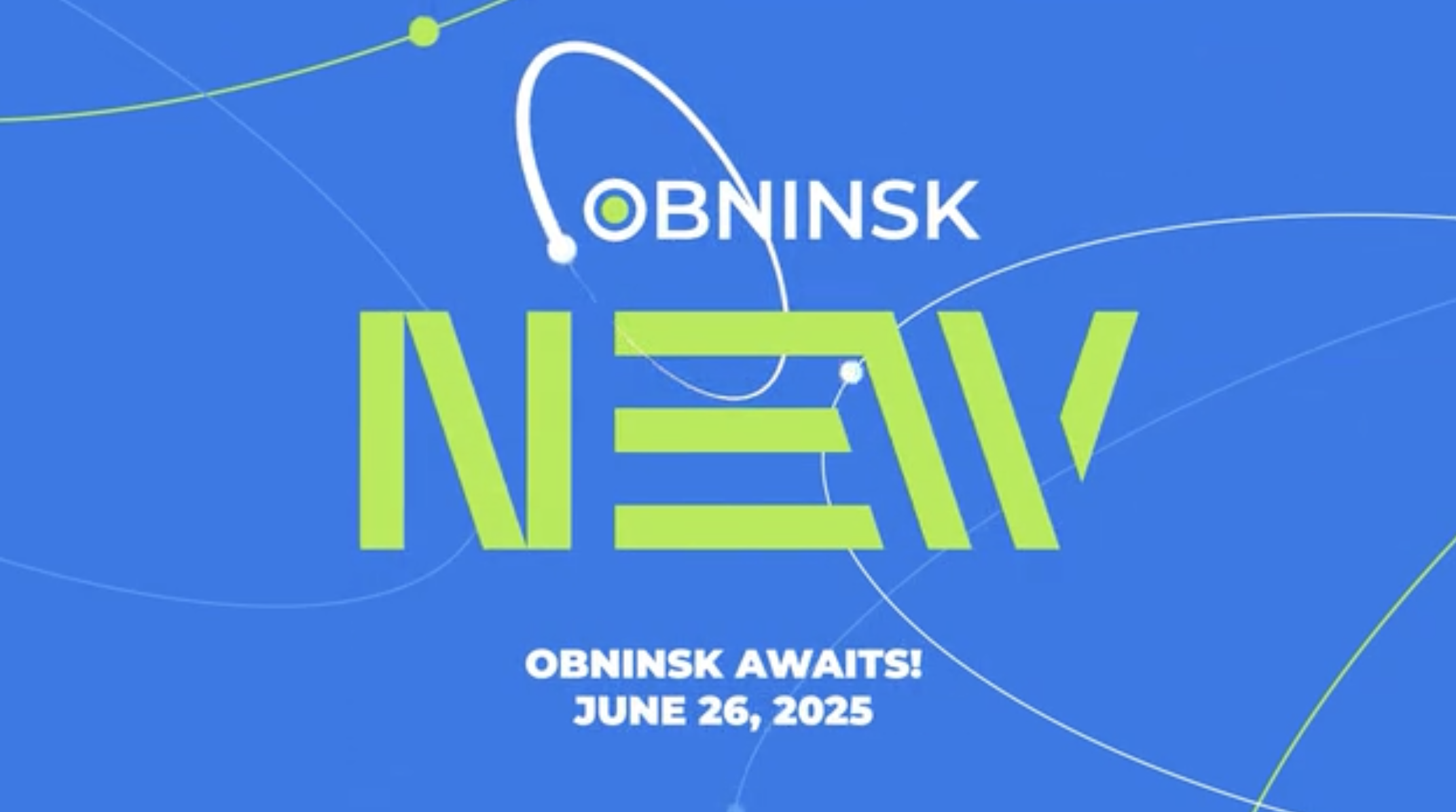
III International Youth Nuclear Forum: “Dream Big and Shape the Future of the Global Nuclear Industry!”
Why Obninsk?
Unique Educational Hub
Obninsk is home to a growing international science and education cluster — Obninsk Tech. Today, more than 2,500 students from dozens of countries are studying here in nuclear and related fields.
A Center of Scientific Excellence
The city hosts leading research institutions specializing in nuclear science, physics, chemistry, materials science, medicine, and more.
A Legacy of Global Significance
Obninsk is Russia’s first science city — a place where the history of global nuclear energy truly began. It was here that the world’s first nuclear power plant was built, and where renowned scientists like Igor Kurchatov and Anatoly Leipunsky carried out their groundbreaking work.
Program
Nuclear technologies today go far beyond energy. They’re driving innovation in medicine, transportation, agriculture, space exploration, water purification, and more.
Nuclear technologies today go far beyond energy. They’re driving innovation in medicine, transportation, agriculture, space exploration, water purification, and more. Behind every application is collaboration — between government, industry, universities, and international partners. Each plays a vital role in shaping the future of the field.
A vivid example of such cooperation is Obninsk Tech - an international project that has become a dynamic hub for students, educators, researchers, and companies from around the world. It’s more than just an educational center; it’s a real platform for launching careers and engaging in global nuclear initiatives.
This session will explore:
● The opportunities Obninsk Tech offers to students and early-career professionals
● The role of partnerships in advancing the nuclear industry — from local collaborations to global networks
● The benefits of participating in Russian-led projects for international students, and the pathways they open for academic and career development
Moderator:
Ms. Anastasia Minina, Head of the Obninsk Tech Project
Featured speakers:
● Mr. Mohamed Ayman Ashour, Minister of Higher Education and Scientific Research of the Arab Republic of Egypt
● Mr. Andrey Blinov, Deputy Director General, Russian Science Foundation
● Ms. Maria Butina, Member of the State Duma of the Russian Federation
● Ms. Irina Karikh, Deputy Director General for Development, Russian Society "Znanie"
● Ms. Victoria Karslieva, Deputy Executive Director, Gorchakov Fund for Public Diplomacy Support
● Ms. Tatyana Leonova, Deputy Governor of Kaluga Region
● Ms. Maria Matveeva, Advisor to the Director, “Talent and Success” Foundation; Director of the Sochi Dialogue Russian-Austrian Civil Society Forum
● Mr. Joseph Nzabamwita, Ambassador of the Republic of Rwanda
● Ms. Olga Petrova, Deputy Minister of Science and Higher Education of the Russian Federation
● Mr. Pavel Shevtsov, Deputy Head, Rossotrudnichestvo (Federal Agency for the Commonwealth of Independent States Affairs, Compatriots Living Abroad, and International Humanitarian Cooperation)
● Ms. Yulia Uzhakina, Director General, Rosatom Corporate Academy
The demand for clean, affordable energy is higher than ever—and nuclear power is once again in the spotlight. Around the world, new nuclear power plants are under construction, the first thorium molten salt reactor has been launched, and small modular reactors (SMRs) as well as microreactors are seeing rapid development. And this is just the beginning.
The demand for clean, affordable energy is higher than ever—and nuclear power is once again in the spotlight. Around the world, new nuclear power plants are under construction, the first thorium molten salt reactor has been launched, and small modular reactors (SMRs) as well as microreactors are seeing rapid development. And this is just the beginning.
The industry faces ambitious challenges:
Will the next decade bring a true technological breakthrough?
Which innovations could redefine the field and become game-changers?
And the key question—how safe are these next-generation technologies?
In this session, we’ll dive into the latest global trends, examine real-world case studies, and assess the safety and reliability of technologies that may well define the future of energy.
Moderator:
Mr. Vladimir Shevchenko, Rector, National Research Nuclear University MEPhI (NRNU MEPhI)
Featured speakers:
● Mr. Mikhail Chudakov, Deputy Director General, International Atomic Energy Agency (IAEA)
● Mr. Tran Chi Thanh, President, Vietnam Atomic Energy Institute (VINATOM)
● Mr. Azim Akhmedzhaev, Director General, UzAtom Agency
● Mr. Andrey Lebezov, Director General, State Scientific Center of the Russian Federation – Institute for Physics and Power Engineering (SSC RF–IPPE)
● Mr. Ahmad Hazique Aiman bin Rosol, Dean, Department of Electrical Engineering, University of Malaya
Today, nuclear technologies aren’t just about reactors and power generation — they’re also shaping the medicine of tomorrow. From high-precision diagnostics to cutting-edge cancer treatments, what once seemed like science fiction is already saving lives today.
Today, nuclear technologies aren’t just about reactors and power generation — they’re also shaping the medicine of tomorrow. From high-precision diagnostics to cutting-edge cancer treatments, what once seemed like science fiction is already saving lives today.
Yet many still associate the word “nuclear” with danger rather than the promise of better health. Why is that — and how can we change it?
In this session, we’ll explore the future of nuclear medicine:
● What technologies are already being used in hospitals and clinics?
● What breakthroughs are just around the corner?
● And the most important question: will these life-saving advances be accessible to everyone?
We’ll look at how scientific innovation can become a real contribution to public health — and why you could be part of that transformation.
Moderator:
Mr. Stepan Kalmykov, Vice President, Russian Academy of Sciences
Featured speakers:
● Ms. Hortenzia Jimenez, Director General, Bolivian Nuclear Energy Agency (ABEN) (pre-recorded message)
● Mr. Andrey Kaprin, Director, National Medical Research Center for Radiology, Ministry of Health of the Russian Federation
● Mr. Ignacio Hernández González, Researcher, Laboratory of Radiation Biology, Joint Institute for Nuclear Research (JINR)
● Mr. Ruslan Al-Shehadat, Director General, Innova Plus
● Mr. Alexey Belyaev, Director, N.N. Petrov National Medical Research Center of Oncology, Ministry of Health of the Russian Federation
● Mr. Pavel Zaytsev, Director General, Science and Innovations JSC
Quantum technologies are no longer just theoretical concepts in textbooks — they are becoming a reality, and Russia is among the global leaders in this field. With the support of Rosatom, the country has launched a 50-qubit quantum processor, and by 2027, a 100-qubit system is expected. The scale of development is remarkable: multiple technological paths are being explored in parallel — from superconducting qubits to ion traps and neutral atoms.
Quantum technologies are no longer just theoretical concepts in textbooks — they are becoming a reality, and Russia is among the global leaders in this field. With the support of Rosatom, the country has launched a 50-qubit quantum processor, and by 2027, a 100-qubit system is expected. The scale of development is remarkable: multiple technological paths are being explored in parallel — from superconducting qubits to ion traps and neutral atoms.
But why does this matter? And what real-world problems could quantum computing help solve in just a few years?
In this session, we’ll explore:
● Why Rosatom is investing in quantum technologies and how this ties into sustainable development goals
● What challenges and opportunities await engineers, scientists, and IT specialists in this rapidly evolving field
● How students and early-career researchers can already get involved in major national quantum initiatives
Featured speakers (TED-style session, no moderator):
● Mr. Alexey Akimov, Head of Laboratory, Russian Quantum Center – Lebedev Physical Institute (RQC–FIAN)
● Mr. Nikolay Kolachevsky, Director, Lebedev Physical Institute (FIAN); Chair, MEPhI; Professor, Moscow Institute of Physics and Technology (MIPT)
● Mr. Maxim Ostras, Director General, Russian Quantum Center
● Mr. Alexey Fedorov, Director, Institute of Physics and Quantum Engineering, NUST MISIS
● Mr. Dmitry Chermoshentsev, Head of Scientific Group, SP “Kvant”
Session Goal:
To showcase the wide range of applications of nuclear technologies — from energy systems to visionary space exploration — and to inspire young professionals to dream big and pursue careers in nuclear science that can take them far beyond Earth.
Format:
A moderated dialogue between two speakers from different fields — science and space exploration.
Topics for Discussion:
● Why is space exploration such a fundamental goal for humanity?
● Can space research contribute to achieving the UN Sustainable Development Goals?
● How are nuclear technologies being used in current and future space missions?
● What advanced nuclear solutions are being developed for deep space exploration?
● How can young specialists in nuclear technology become part of the space sector?
● How important is one's education in shaping a career in astronautics?
● What is the key to achieving your dream?
Moderator:
Mr. Nikita Marchenkov, Deputy Director for Megascience Projects, National Research Center "Kurchatov Institute"
Featured speakers:
● Mr. Nikolay Klimov, Director of Science, State Scientific Center of the Russian Federation – TRINITI
● Mr. Oleg Artemyev, Test Cosmonaut, Hero of the Russian Federation
Building a sustainable and just future is impossible without the active involvement of young leaders. Today’s emerging leaders are driven not only by local achievements but by global challenges — from the climate crisis to digital transformation.
Unlike in the past, where leadership often meant charismatic speeches, the leaders of the future are community builders — those who can unite people around shared goals and a common mission.
The leadership of tomorrow is a fusion of global vision, practical management skills, and technological literacy — where titles matter less than real impact.
Moderator:
Mr. Alexander Kormishin, Director, Center for International Partnerships, Rosatom Corporate Academy
Featured speakers:
● Ms. Maria Zotova, Chair, Industry Youth Council
● Ms. Wanda Natalia Camacho Vásquez, Master’s student at MEPhI, Ambassador of Russian Nuclear Education
● Mr. Mohamed Ali Magdy Shehata Ali, Master’s student at NRU “MPEI,” Mechatronics and Robotics; Ambassador of Russian Nuclear Education
● Ms. Nadezhda Potehina, Chief Researcher, Research Institute of NPO “Luch” JSC
● Mr. Karel Tyr, Ambassador of Russian Nuclear Education, IATE MEPhI
● Chinh Thi Thao Quynh, Researcher, Vietnam Atomic Energy Institute (VINATOM)
Speakers
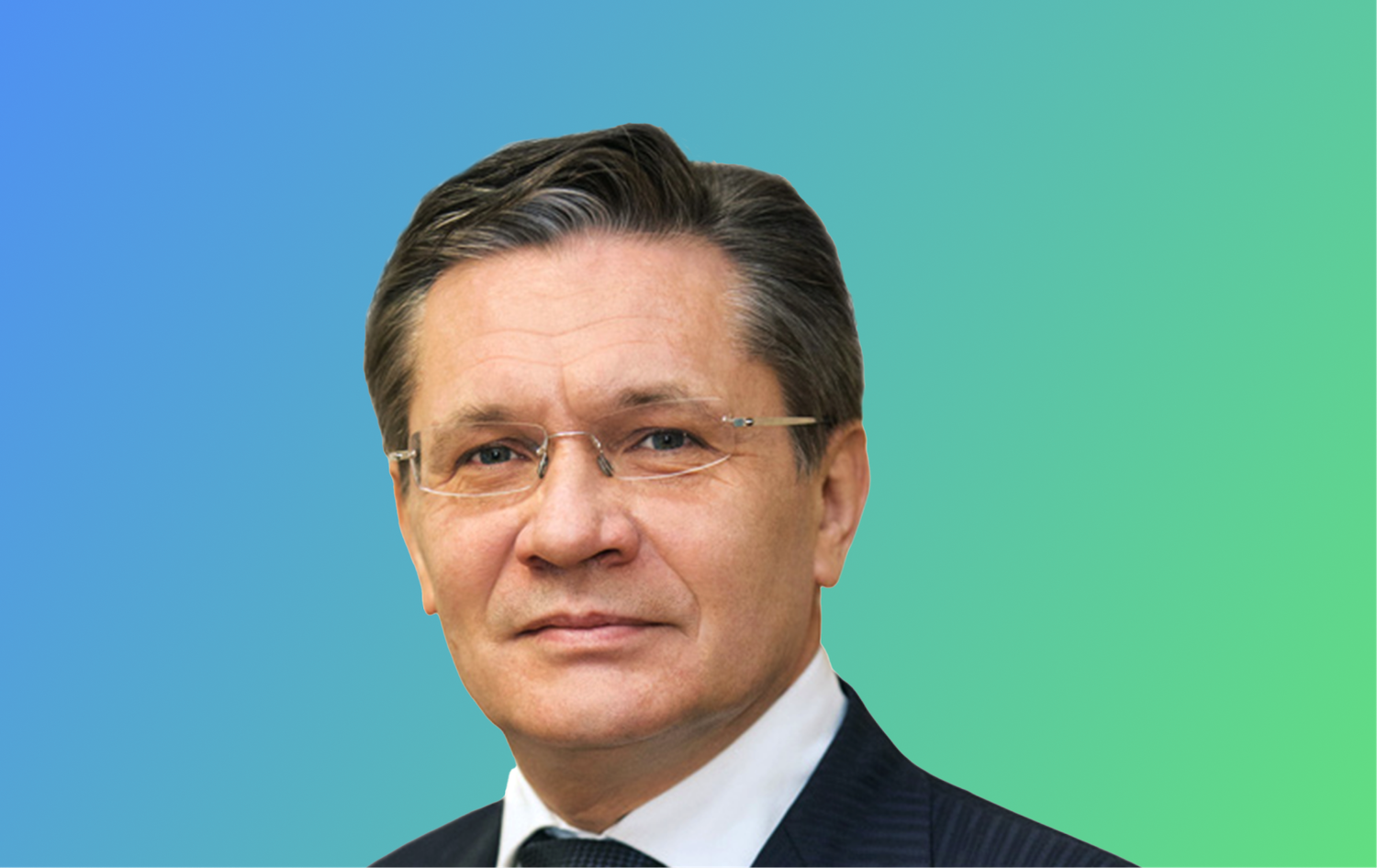

20 years of experience in senior HR positions. Alexey Likhachev has been working at Rosatom since 2011. During this time, the corporation has been consistently recognised as the best employer for engineering graduates in the Universum international rating system, and has also topped the ratings of Russia's best employers according to HeadHunter, the country's largest recruitment platform.
Rosatom's Corporate Academy won the Crystal Pyramid 2020 award in the Corporate University of the Year category and was recognised as the world's best corporate university by the Global Council of Corporate Universities Awards in 2019. Rosatom is the only state-owned company named ‘best employer’ in a survey by international consulting company AON Hewitt.
Alexey Likhachev pays great attention to the development of volunteering and corporate social responsibility. He has made a significant contribution to the development of federal and international initiatives. Under his leadership, Rosatom and the international WorldSkills movement started co-operation on a joint project aimed at improving the competences of workers and engineers of nuclear industry enterprises.
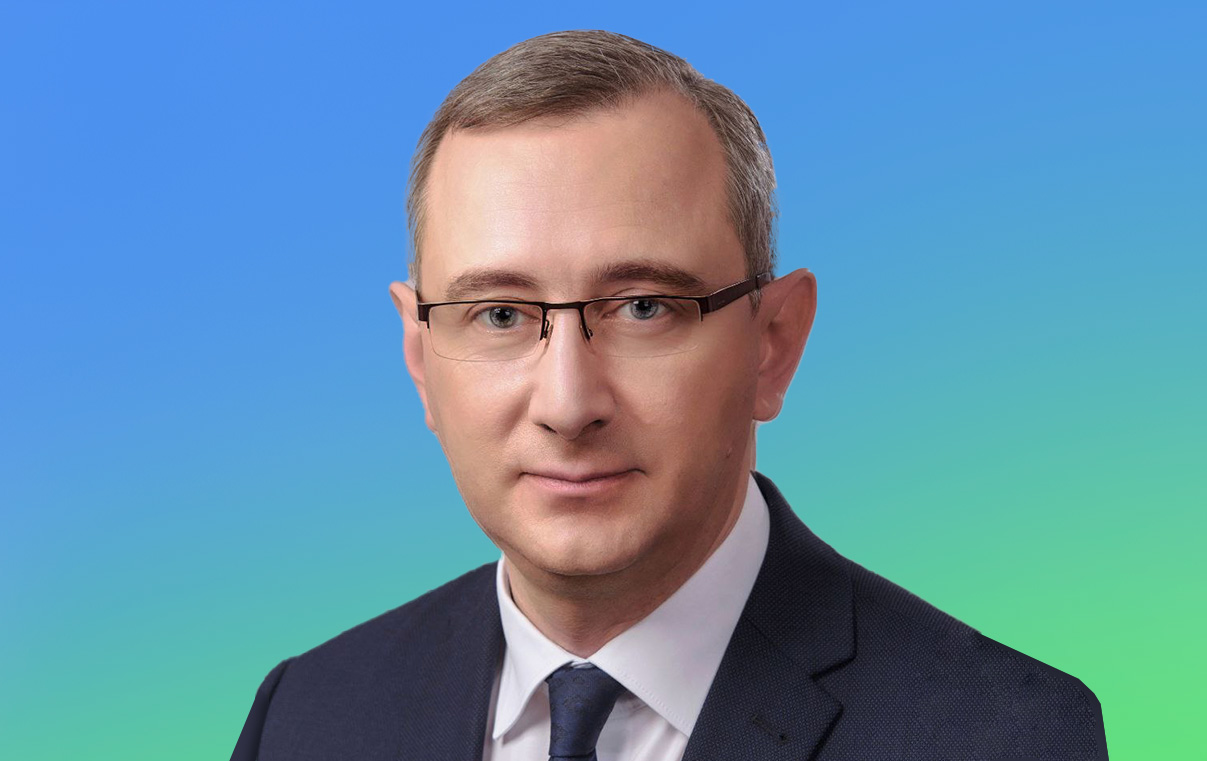

Vladislav Shapsha graduated from the Obninsk Nuclear Energy Institute with professional qualifications in applied mathematics. In 2003, he got a diploma of the State Management University with qualifications in public administration.
The Governor notes particular importance of the nuclear energy for the city since the Obninsk nuclear plant has become the first house for the peaceful atom. Vladislav Shapsha highlights that the nuclear industry continues to be a key sector in the region and in the country.
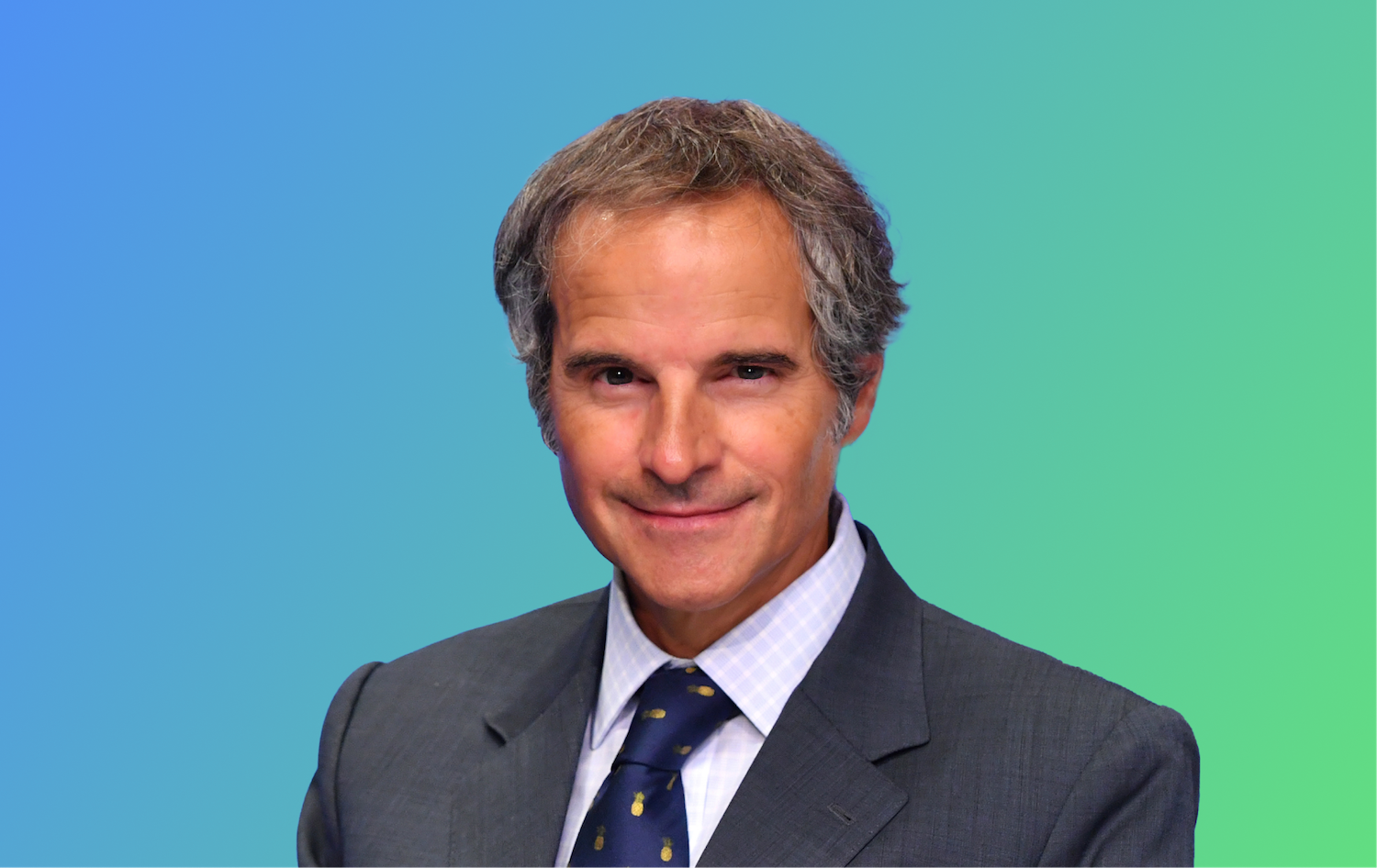

IAEA Director General Rafael Mariano Grossi assumed office as the Agency’s sixth Director General on 3 December 2019.
Mr Grossi is a diplomat with almost 40 years of experience in the fields of non-proliferation and disarmament. In 2013, he was appointed Ambassador of Argentina to Austria and Argentine Representative to the IAEA and other Vienna-based International Organizations.
Before assuming office as the IAEA’s Director General, Mr Grossi was president-designate of the 2020 Review Conference of the Parties to the Treaty on the Non-Proliferation of Nuclear Weapons (NPT), and from 2014 to 2016 served as president of the Nuclear Suppliers Group (NSG). He was the NSG’s first president to serve two successive terms. In 2015, Mr Grossi presided over the Diplomatic Conference of the Convention of Nuclear Safety, securing unanimous approval for the Vienna Declaration on Nuclear Safety.
Mr Grossi is an International Gender Champion, promoting gender balance in the nuclear field.
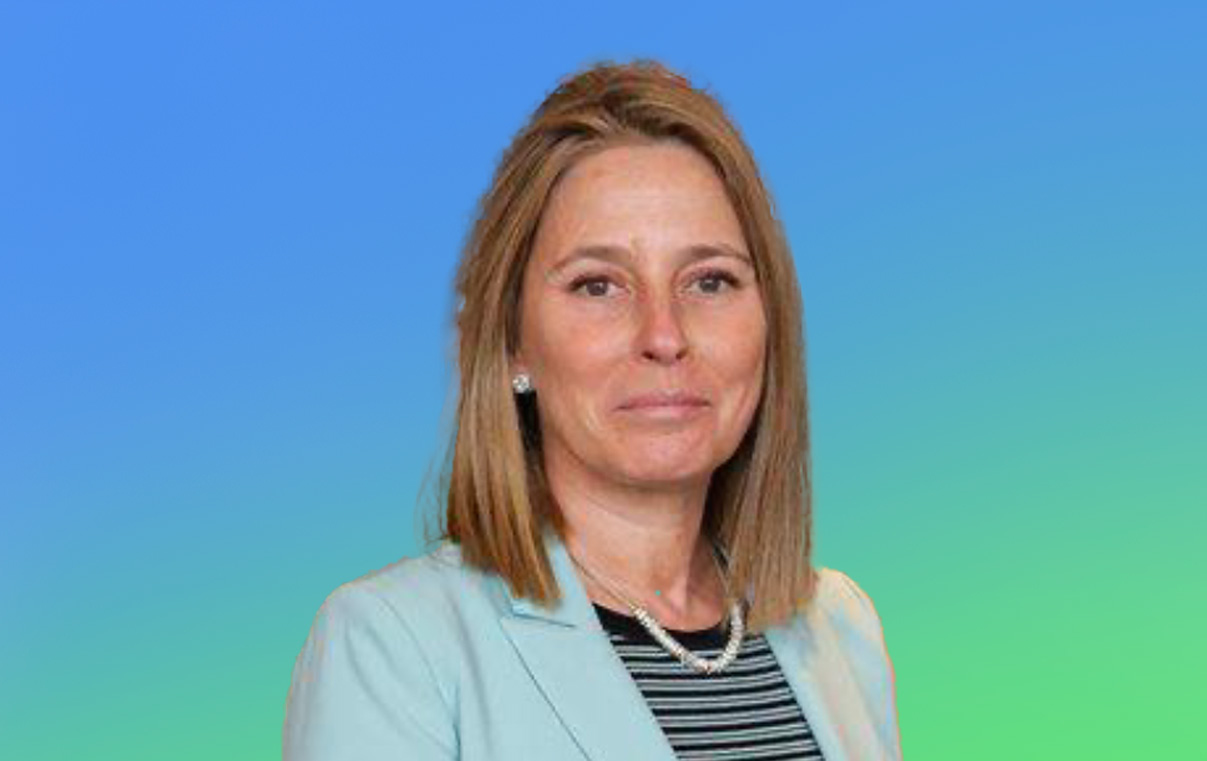

Sama Bilbao y León became the Director General of World Nuclear Association in October 2020. World Nuclear Association is the international organization that represents the global nuclear industry.
In this role Sama leads a team of experts, analysts and communicators working to enable the growth of the global nuclear sector by connecting players across the nuclear value chain, shaping and representing the industry’s position in key world forums providing authoritative information and influencing key audiences, organizations and media.
Sama is also the President of World Nuclear University dedicated to inspire and develop the future leaders of the global nuclear industry. Sama has more than 20 years of experience in nuclear engineering and energy policy. Sama has a very diverse professional experience having worked in the nuclear industry (Nuclear Safety Analysis Engineer, Dominion Energy, USA), in academia (Director of Nuclear Engineering Programs and Associate Professor at the Department of Mechanical and Nuclear Engineering, Virginia Commonwealth University (VCU), USA) and in international organizations (Head of the Division of Nuclear Technology Development and Economics at the OECD Nuclear Energy Agency (NEA), Head of the Technical Secretariat for the Generation IV International Forum (GIF), Head of Water Cooled Reactors Technology Development Unit, International Atomic Energy Agency (IAEA)).
Sama, who is originally from Spain, holds a bachelor’s degree in Mechanical Engineering and a master’s degree in Energy Technologies from the Polytechnic University of Madrid; a master's degree and a PhD in Nuclear Engineering and Engineering Physics from the University of Wisconsin – Madison; and an MBA from Averett University.
Sama is one of the seven founders of the North American Young Generation in Nuclear (NA-YGN). Sama’s areas of expertise are nuclear thermal-hydraulics for both light water reactors and sodium cooled reactors, nuclear reactor design, nuclear safety, energy and environmental policy, and complex decision making.
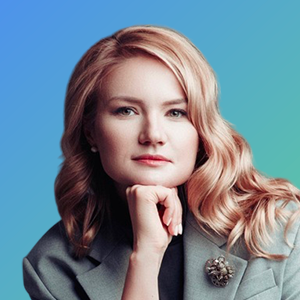

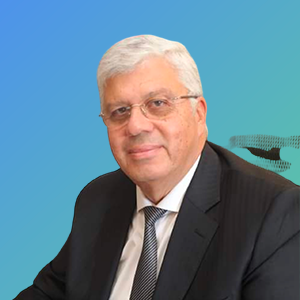

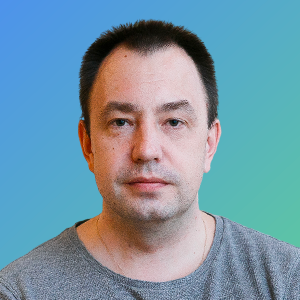

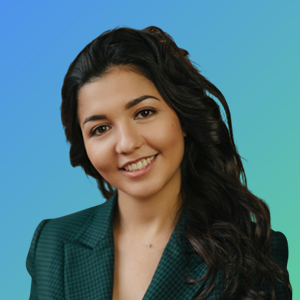

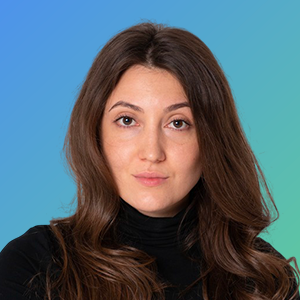

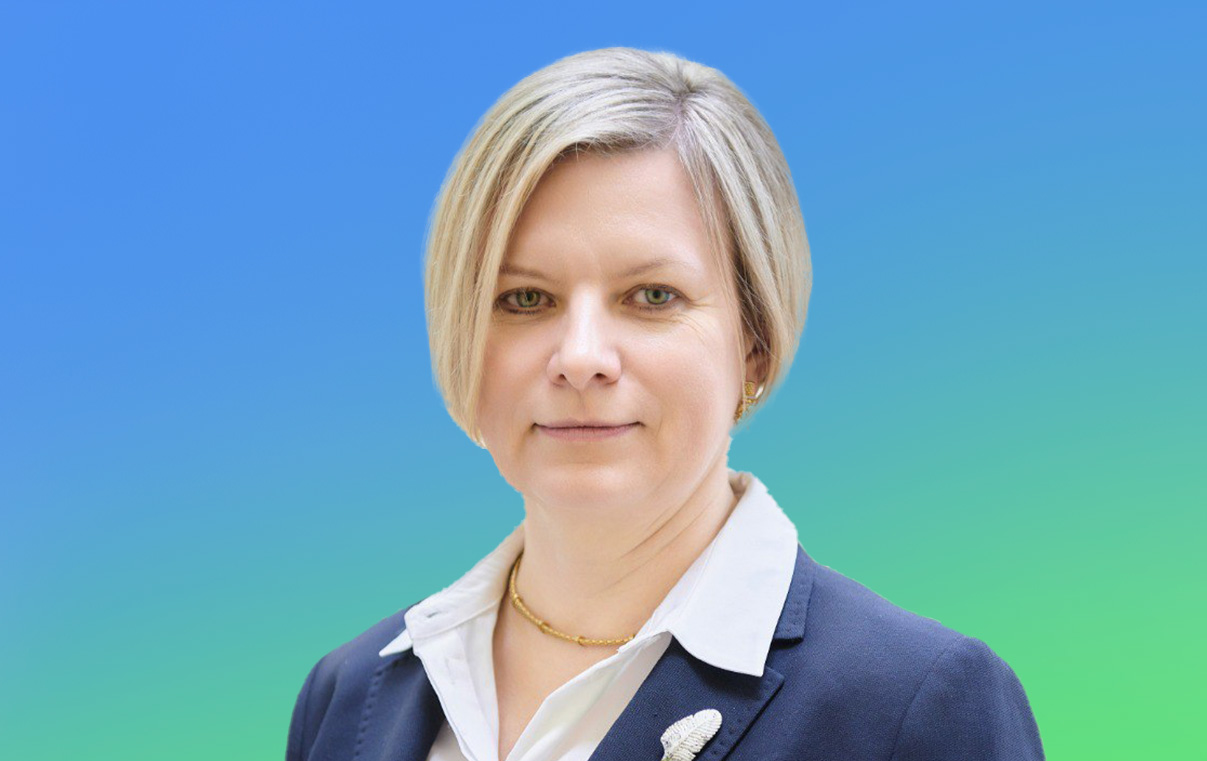

Далее, в должности проректора Обнинского института атомной энергетики (филиал НИЯУ МИФИ) курировала вопросы международной деятельности и создания Инновационного научно-технологического центра в Калужской области «Парк атомных и медицинских технологий». В 2020 года назначена главой Администрации города Обнинска.
Татьяна Николаевна окончила Государственный университет управления, а также аспирантуру на кафедре «Макроэкономики» Государственной академии управления. Защитила диссертацию на тему: «Организационно-экономические аспекты активизации венчурной инновационной деятельности в России». Прошла обучение в «Международной академии преподавателей» в Словении.
В 2012 году защитила докторскую диссертацию на тему: «Формирование институционального механизма инновационного развития российской экономики в сфере венчурного предпринимательства». Обучалась в Московской школе управления Сколково по программам: «Управление проектами развития университета» и «Школа ректоров 15: настройка стратегии университета».
Основные направления научной деятельности Татьяны Николаевны: экономика, инноватика, венчурное предпринимательство.
Под руководством Татьяны Леоновой были проведены научные исследования, финансируемые на грантовой основе Министерством образования и науки, Российским фондом гуманитарных исследований, Правительством г. Москвы и др.
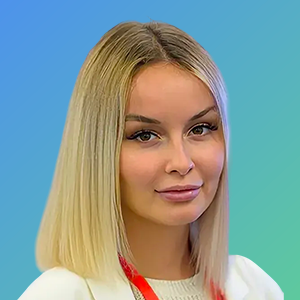

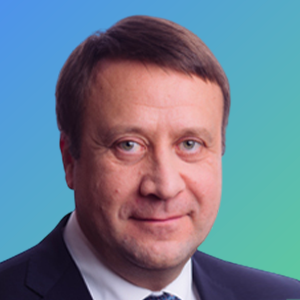

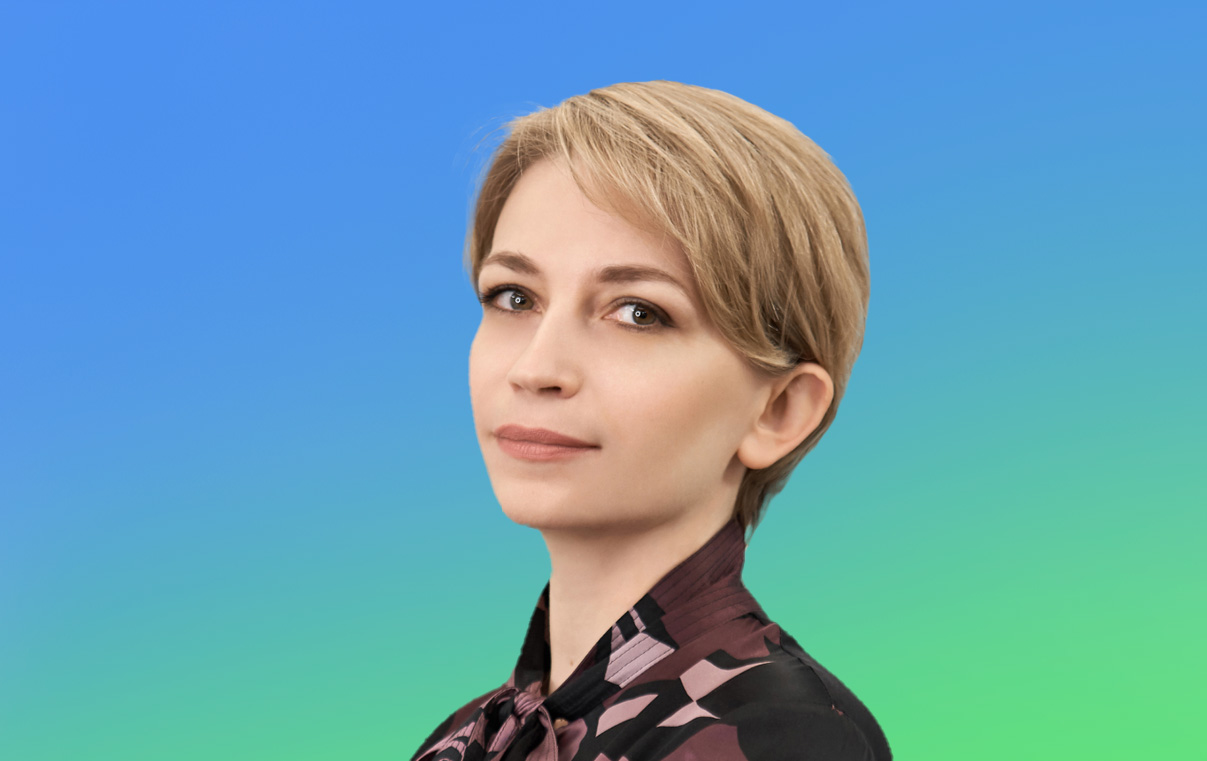

Окончила Московский государственный университет им. М.В. Ломоносова и Российскую академию народного хозяйства и государственной службы при Президенте РФ (Executive MBA).
Юлия имеет более чем 15-летний опыт работы в сфере управления персоналом. На протяжении многих лет возглавляла портал для HR и T&D-специалистов Trainings.ru, была управляющим партнером компаний «Амплуа» и «Малакут — HR-исследования и решения».
В 2013 году пришла в «Росатом» на должность руководителя департамента оценки и развития персонала. В апреле 2015 года назначена генеральным директором Корпоративной Академии «Росатома».
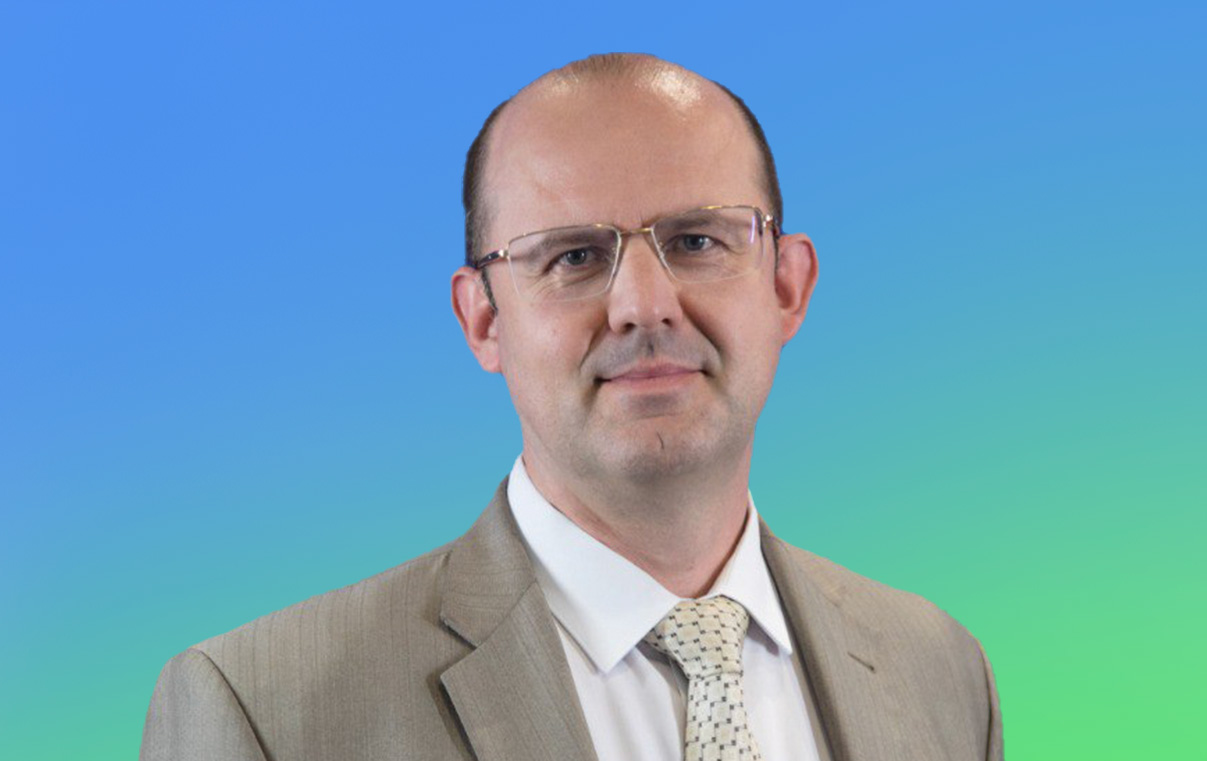

Vladimir Shevchenko worked at the State Scientific Center of the Russian Federation "Institute of Theoretical and Experimental Physics" where he made his way up from a graduate student to an acting director of the Institute. In 2001-2003 he was a postdoctoral fellow at the University of Utrecht (Netherlands). Over the years he carried out research and professional activities at the Heidelberg University (Germany), the University of Pisa (Italy), the VU University Amsterdam (the Netherlands), the Annecy-le-Vieux Particle Physics Laboratory (France). He also headed the Scientific Coordination Committee at the National Research Center "Kurchatov Institute" for cooperation between the Russian Federation and CERN.
Vladimir Shevchenko graduated from the Moscow Engineering Physics Institute with honors. He held research and teaching positions at MIPT, MEPhI, MISiS, FEFU.
“The nuclear energy will play a defining role in Russia’s future strategic development,” believes the rector of the National Research Nuclear University MEPhI. “The general global trend is to shift the energy mix towards low carbon generation. Why are the nuclear energy technologies so attractive? Because they combine carbon neutrality and absolute predictability,” notes Vladimir Shevchenko.
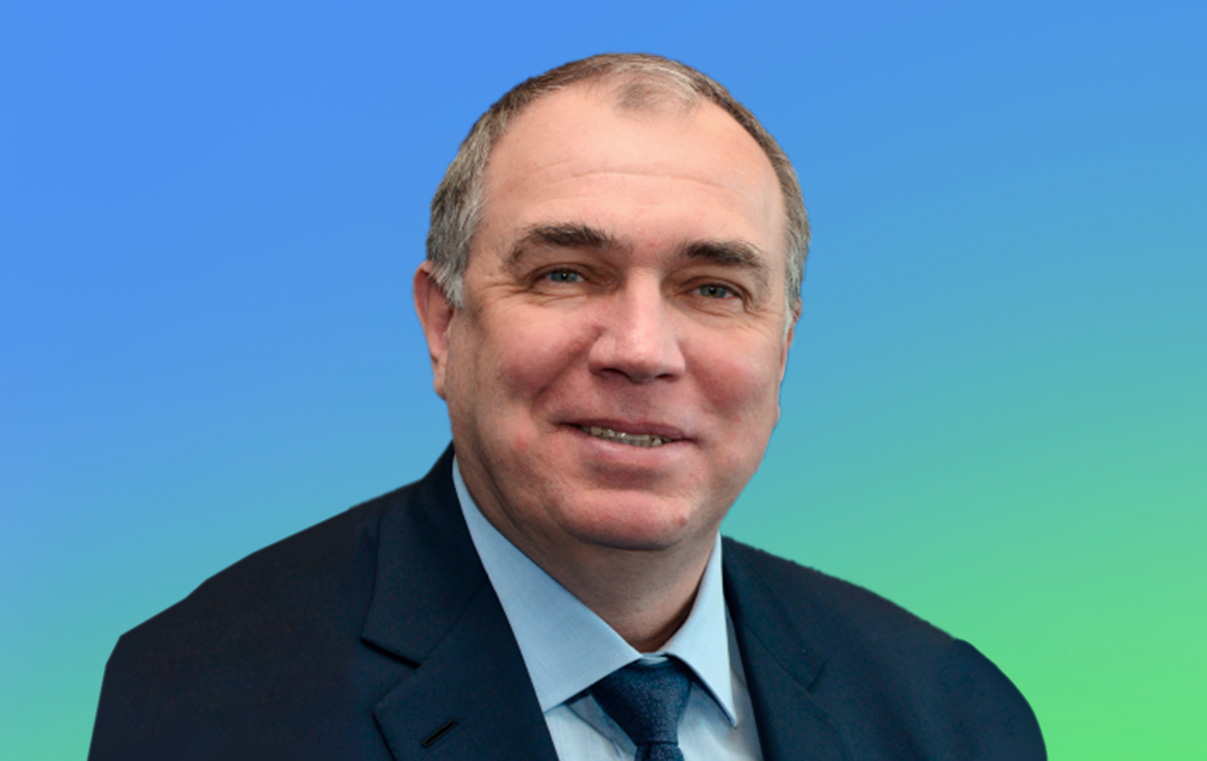

Перед этим с 1995 года г-н Чудаков занимал ряд руководящих постов в российском "Концерне Росэнергоатом", в том числе в апреле 1999 года был назначен на пост заместителя генерального директора "Росэнергоатома" и директора Билибинской АЭС. С 1993 по 1995 год г-н Чудаков работал советником ВАО АЭС в Москве и Лондоне. С 1983 по 1993 год работал на различных должностях на Калининской АЭС, в том числе в качестве старшего оператора реактора.
Г-н Чудаков имеет степень доктора наук по ядерной технике.
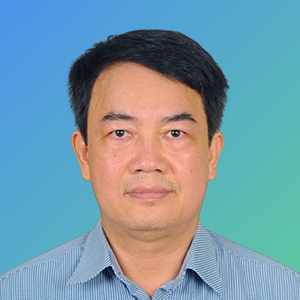

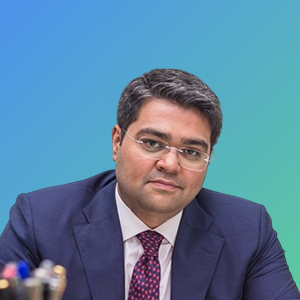

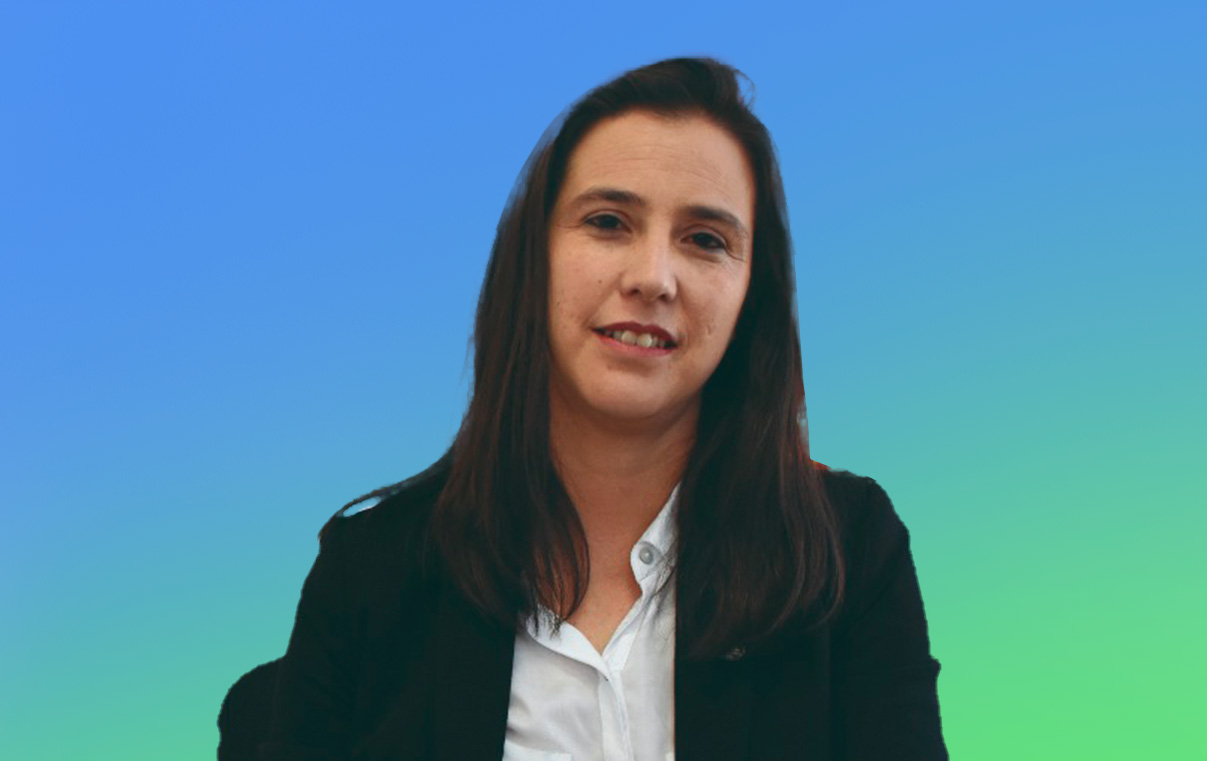

В 2006 году начала работать в Министерстве углеводородов и энергетики Боливии советником по вопросам энергетического баланса и планирования. С 2007 по 2009 год занимала должность гендиректора по энергетическому развитию, затем руководила дирекцией министерства по общественным и экологическим вопросам, с 2010 по 2012 год возглавляла управление по электроэнергии. С 2012 по 2016 год занимала пост замминистра углеводородов и энергетики по электричеству и возобновляемым источникам энергии.
С 2017 по 2019 год, до смены правительства в ноябре 2019 года, была генеральным исполнительным директором ABEN, сейчас занимает ту же должность.
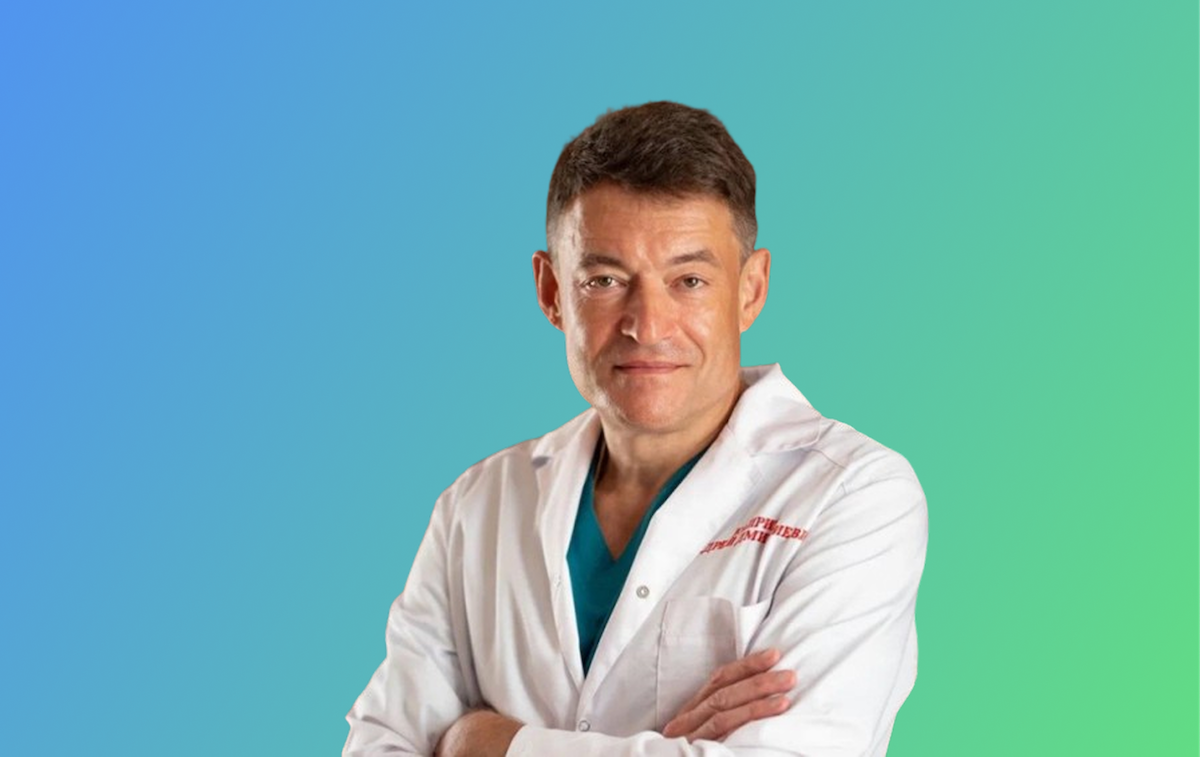

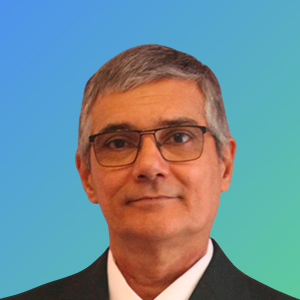

Your Way to WAW: 2025 Contest
Take part in an exclusive quiz for a chance to attend one of the most significant events in the global nuclear industry in 2025 — World Atomic Week 2025 at VDNH.
Registration for in-person attendance is now closed, but you can still join the forum online!
Stay tuned — subscribe to our updates.

